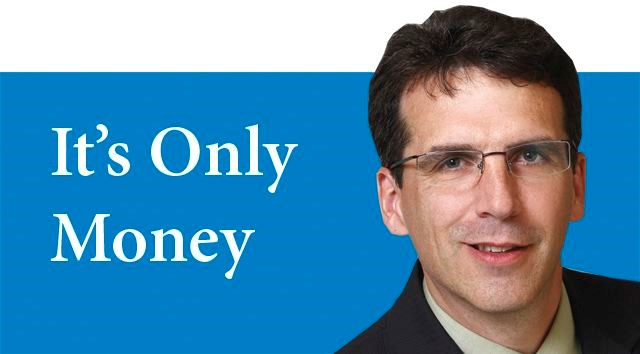Succession, Part 4
Although we have seven children, all of them born and raised in the same family, raised in the same home using more or less the same routines, I tell the kids they were each raised by different parents.
And so was I.
I am the tallest, and youngest of seven children, a fact my siblings rightly or wrongly attribute to milk and cheese.
When the elder siblings were little, my parents could generally only afford powdered milk. Cheese was a rare treat.
The theory goes, real milk and cheese have calcium, which enables bone growth, and that's why my big brothers are now my little brothers.
When my eldest brother left home to go live with an uncle in Alberta at fifteen one of the first things he did while unsupervised at the bus station was to purchase his very own pint of cream and chug its entirety.
That this was disgusting was swallowed up in his pride, at least for that moment.
In contrast to my siblings, my teenage thirst was nearly always quenched.
After I finished a hockey game, my dad would refuse to buy me a bottle of pop, calling it "garbage."
But I would go home, eat four bananas and a package of soft dates, then chug a bag of milk (yeah - it's a '70s Trudeau-era thing I think - putting milk in those weird bags. Wait for it to make a comeback under junior) I grew 10 inches in my 15th year - milk-boned.
I was so tall and skinny that my brain could not get blood fast enough (which explains a lot in retrospect); if I stood up too rapidly I fainted.
Dozens of times, while guzzling the milk at the fridge I passed out, waking up in the kitchen garbage on the floor, hugging a jug of milk like a newborn baby.
The phases a family goes through are like scenes from a play, each family member receiving unique and dynamic roles. This is especially true with a family business and its heir apparent.
How should her parents share the wealth among siblings with such varied energy levels and interest (or disinterest) in the machinations of the family income generator?
And what might this mean to the eldest siblings, who got all the pain of watching their parents managing a new start-up business, and precious little time with mom and dad?
Instead of time with parents, they got day-old bread and stale crackers, followed maybe much later by a guilt trip to Mexico.
Perhaps the younger siblings developed a sense of entitlement, as mom and dad took them on these nicer trips routinely.
Consider this fictitious conversation between a family advisor, and the daughter of a business owner hoping to inherit the family asset which has become her passion:
Daughter: "It's obvious why dad chose me to run the business! I showed the most interest, and became the most logical choice.
"I have a vision to expand through strategic reinvestment of earnings.
"Why should I have to share the business with my brother and sister who disagree with my vision and have other careers? I would only be partially rewarded for my efforts!"
Family advisor: "Why don't you explain to your brother and sister about the benefits of reinvesting in the business?"
Daughter: "My brother and sister have different interests and to be honest, I'm sure they are really only interested in receiving as much income as possible from the business, without investing their time and money."
Family advisor: "Regardless, it is after all their legacy too.
"However, I still believe that they too could benefit from the short-term pain of reinvestment in the form of future growth of income and a prolonged source of income from the business. But they need to have something at stake to feel involved."
Daughter: "I wish I had the means to buy their shares and take total control of the business."
Family advisor: "If you're really serious, speak to your bank but keep in mind this still requires a frank discussion with your family. Have you considered discussing this all with your family? If the business grows, everyone benefits in the long term."
Daughter: "Yes, but to no avail. It's a source of never-ending discussions. I wish I could find some way to fix this."
Family Advisor: "Perhaps it's time to consider setting up regular, formal family business meetings. I think it's important that the others understand why these things matter, particularly to ensure that everyone shares a common vision for the business and not just individual agendas that can eventually lead to discord."
This illustrates the dilemmas family businesses face when trying to balance interest of members who are part of management with those who aren't but still have an ownership stake.
Although her views seem reasonable, it is also equally important to hear the views of her siblings. The family advisor here acts as a sufficiently detached, professional third party who both sides should implicitly trust - a truly invaluable asset.
Where opinions are provided, they provided in good faith, and are those of the writer, and not necessarily RBC Dominion Securities Inc.
Mark Ryan is an advisor in Prince George with RBC Wealth Management, Dominion Securities (member CIPF) and can be reached at [email protected], or at 250-960-4927.



